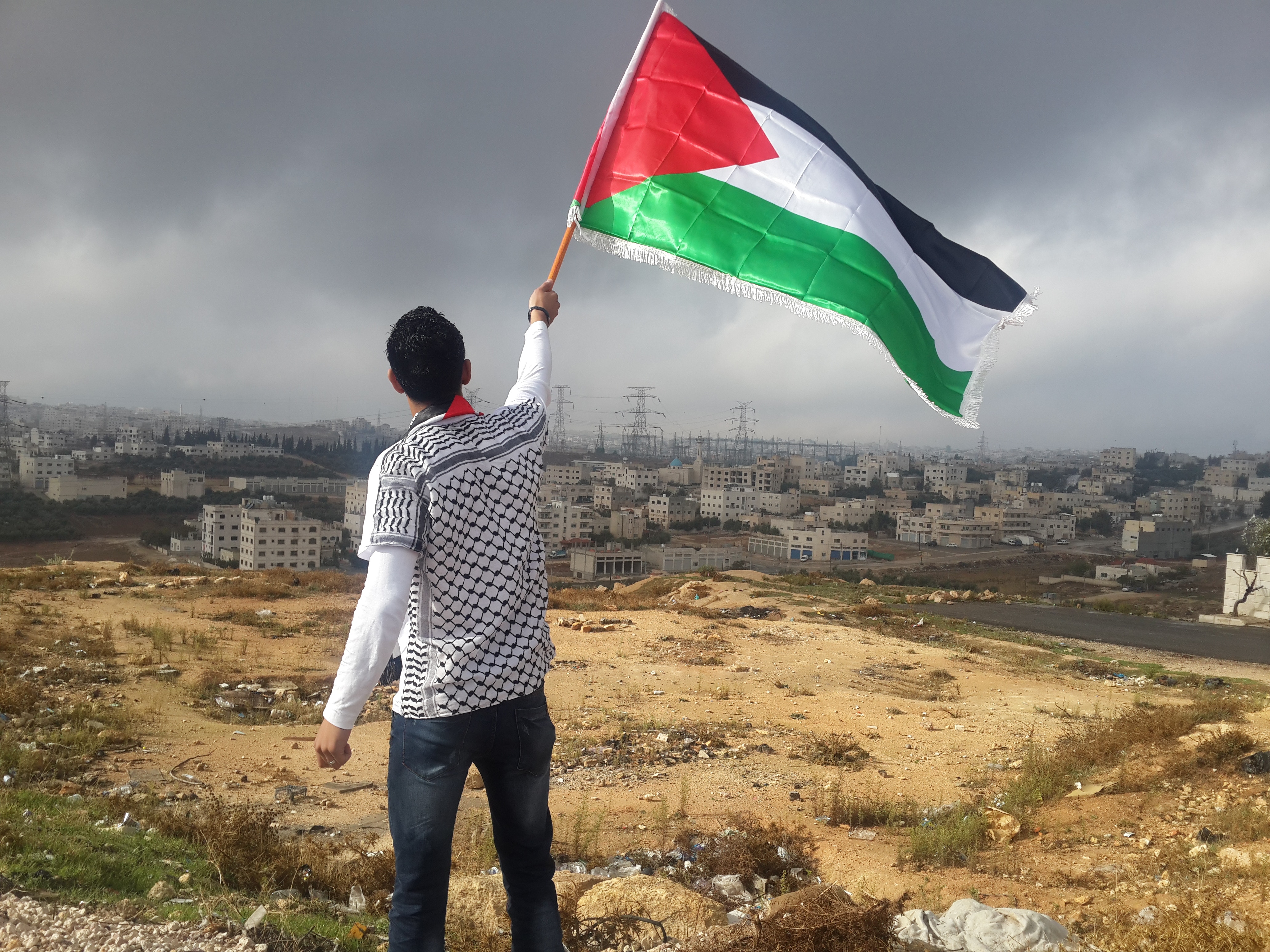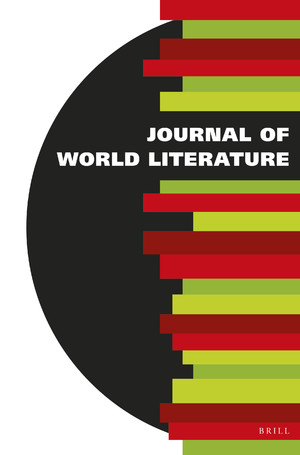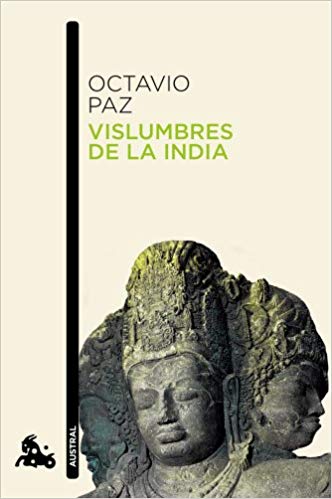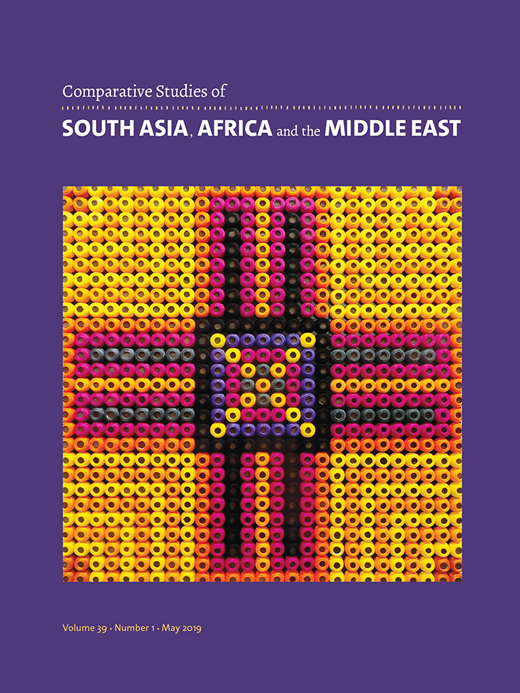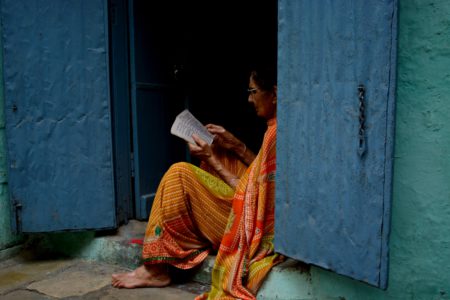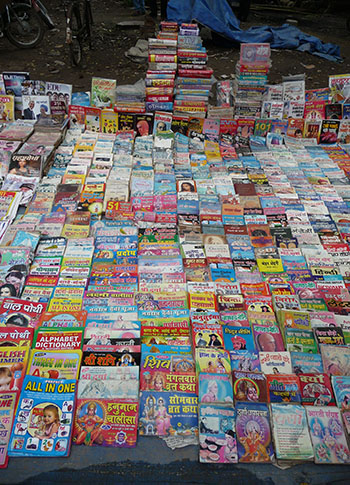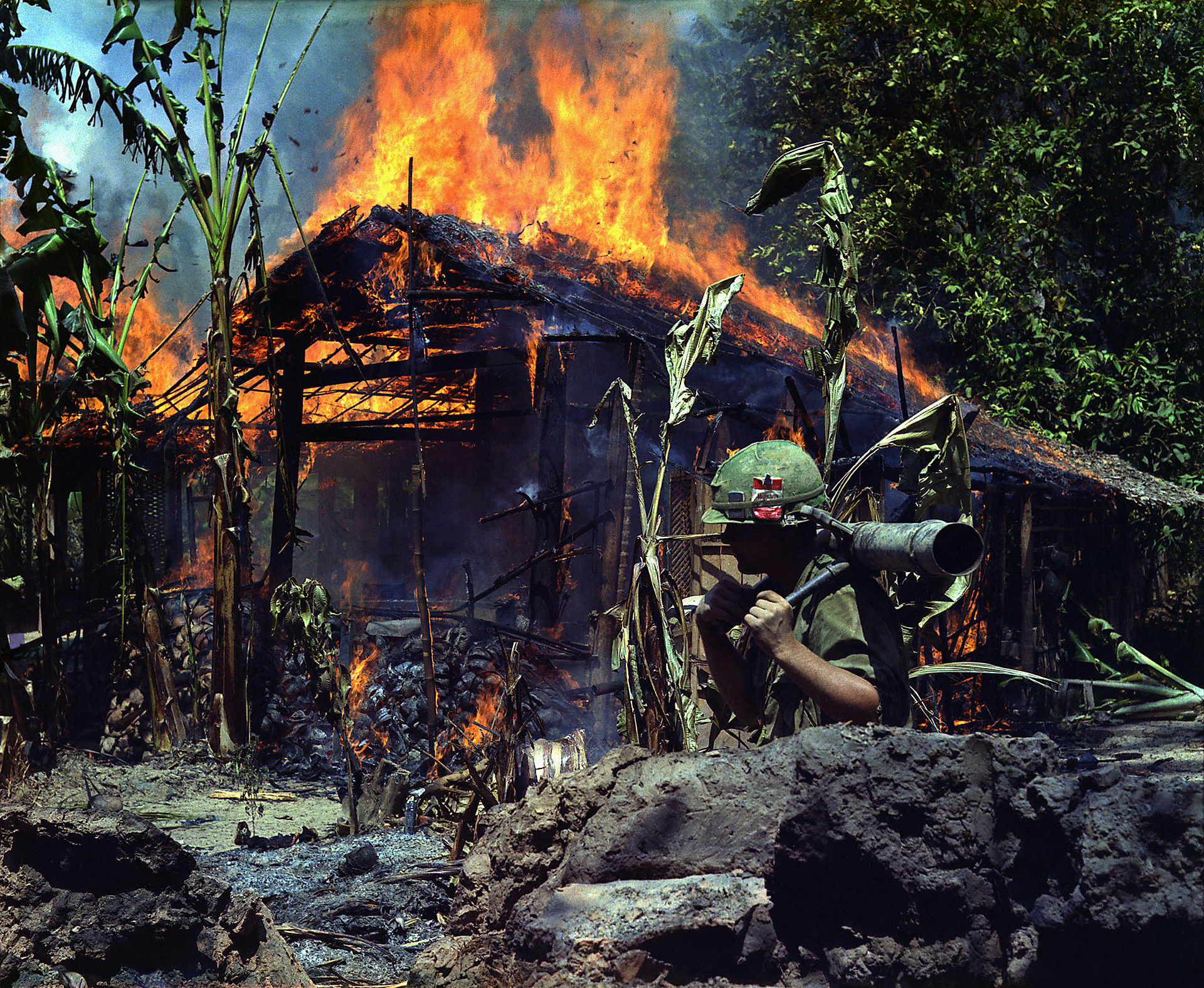For each region, we ask where ideas of what constitutes “good” literature and even literature itself comes from.
MULOSIGE Reading List: International Solidarity and World Literature
This reading list was contributed by Dr Anna Bernard and challenges the choice between nation and transnationalism that has often seemed central to theorizations of world literature, but which has tended to bypass internationalist networks of anti-colonial writers working within discrete national contexts.


